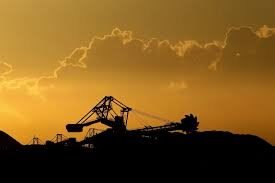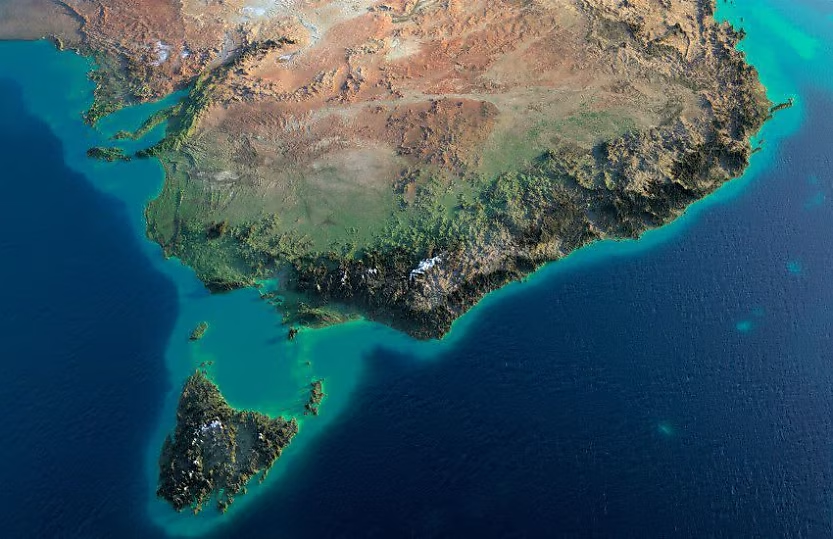Now Reading: 7 Strong Signs Investors Choose Australia in Tough Times
-
01
7 Strong Signs Investors Choose Australia in Tough Times
7 Strong Signs Investors Choose Australia in Tough Times

Table of Contents
As the world navigates economic volatility, global uncertainty underwrites Australia as an island of stability for investors. With conflicts in Europe, inflation pressures in the US, and China’s slowdown, Australia’s strong legal frameworks, economic resilience, and political steadiness are creating a safe investment environment. Investors seeking security and long-term returns are increasingly turning their eyes to Australia.
Why Global Investors Are Choosing Australia
Global uncertainty underwrites Australia as island of stability for investors, and this is not just a phrase—it’s a fact proven by growing foreign capital inflows. Australia’s economy may not be the largest, but its predictability, governance, and transparency attract investors tired of the unpredictability elsewhere.
From sovereign wealth funds to private equity groups, financial institutions are directing more capital towards Australian infrastructure, commercial real estate, and even government bonds.
Here are seven reasons why this shift is gaining pace:
1. Political Stability in a World of Chaos

Australia is one of the few countries that has maintained a consistent democratic political system with minimal disruption. While several Western democracies have witnessed increasing polarization or sudden policy changes, Australia has remained relatively calm and predictable.
This political peace of mind makes Australia attractive for long-term investment. Decisions regarding trade, energy, finance, and foreign relations are measured and mostly bipartisan, reducing the risk of abrupt changes that investors dread.
2. Transparent Legal System and Strong Rule of Law
Legal protections in Australia are robust. Foreign investors are given the same legal rights as local investors in most sectors. Property rights are well protected, and regulatory processes are transparent and clear.
Whether investing in land, real estate, or private ventures, investors know their capital is safeguarded by legal mechanisms that are internationally recognized and respected.
3. Economic Resilience and Reliable GDP Growth
Australia has recorded one of the longest uninterrupted economic expansions globally—nearly 30 years until COVID-19 struck. Even post-pandemic, its bounce-back was swift compared to many developed nations.
Supported by natural resources, a strong education sector, tourism, and technology adoption, Australia’s diversified economy reduces overdependence on any one sector. This enhances its reliability during global downturns.
4. Gateway to Asia-Pacific Opportunities
Positioned near major Asia-Pacific markets like China, India, and Southeast Asia, Australia acts as a launching pad for trade and investment in the region. For investors seeking long-term exposure to Asia’s growth while avoiding its associated risks, Australia serves as a low-risk alternative.
Many multinationals use Australia as a base to manage their regional operations, enhancing its relevance as a strategic investment hub.
5. Sound Banking and Financial Regulations
Australia’s banking system is among the most secure in the world. The Reserve Bank of Australia (RBA) and the Australian Prudential Regulation Authority (APRA) maintain rigorous oversight and stress-testing measures.
Even during the global financial crisis, Australia’s banks held firm. This history of financial prudence offers confidence to foreign investors placing capital in financial instruments or working with local partners.
6. Surging Real Estate and Infrastructure Investment
From Sydney’s commercial towers to Brisbane’s new transport networks, international funds are flowing into Australian real estate and infrastructure. These sectors offer stable long-term returns and relatively lower volatility than many global alternatives.
Recent data from CoreLogic and Knight Frank shows sustained foreign interest in commercial property, especially logistics centers, data hubs, and office space—assets viewed as “defensive” in unstable times.
7. Government Incentives and Trade Deals
Australia has trade agreements with major economies like the US, China, Japan, India, and the EU. These Free Trade Agreements (FTAs) reduce barriers for businesses and attract firms looking to manufacture, export, or import from a stable base.
In addition, federal and state-level incentives for sectors like clean energy, technology, and innovation are drawing ESG-conscious investors aiming for future-ready portfolios.
How Global Uncertainty Strengthens Australia’s Appeal
As global markets respond to inflation, rising interest rates, and geopolitical uncertainty, investors are looking for countries that offer reliability without sacrificing growth. Australia fits this description.
Instead of reacting to every ripple in global trade or financial tensions, Australia remains a buffer zone. This calm in the economic storm reassures capital markets. Global uncertainty underwrites Australia as island of stability for investors, making it not just a safe bet, but also a smart one.
Even amid global corrections or stock market volatility, Australia’s diversified portfolio—both in economy and geography—helps shield investments from major shocks. That’s why family offices and pension funds alike are now considering Australian assets as core parts of their portfolios, not just side plays.
Sectors That Are Gaining the Most Investor Interest

Several industries in Australia are becoming hot spots due to their ability to offer stable returns. These include:
- Renewable Energy Projects – Solar, wind, and hydrogen are booming.
- Commercial Property – Logistics and office sectors are growing rapidly.
- Technology and AI – Startups are being nurtured with government grants and global VC interest.
- Education – With global students returning post-COVID, Australian universities are again strong earners.
- Healthcare – Private hospitals and biotech research offer resilient investment opportunities.
Each of these areas benefits from a low-risk operating environment and a skilled workforce, improving the return outlook.
Final Thoughts: Australia’s Stability Is No Accident
Global uncertainty underwrites Australia as island of stability for investors because Australia has consciously built a system of checks, transparency, and long-term planning. Its geopolitical neutrality, strong trade links, and policy consistency make it a proven destination for serious investors.
As more capital searches for “where next” in a chaotic world, Australia may very well become not just an island of stability, but a continent of opportunity.
Also Read – Joyal Sells 18 Ninigret Ave for $5.5M: 7 Positive Surprises





















